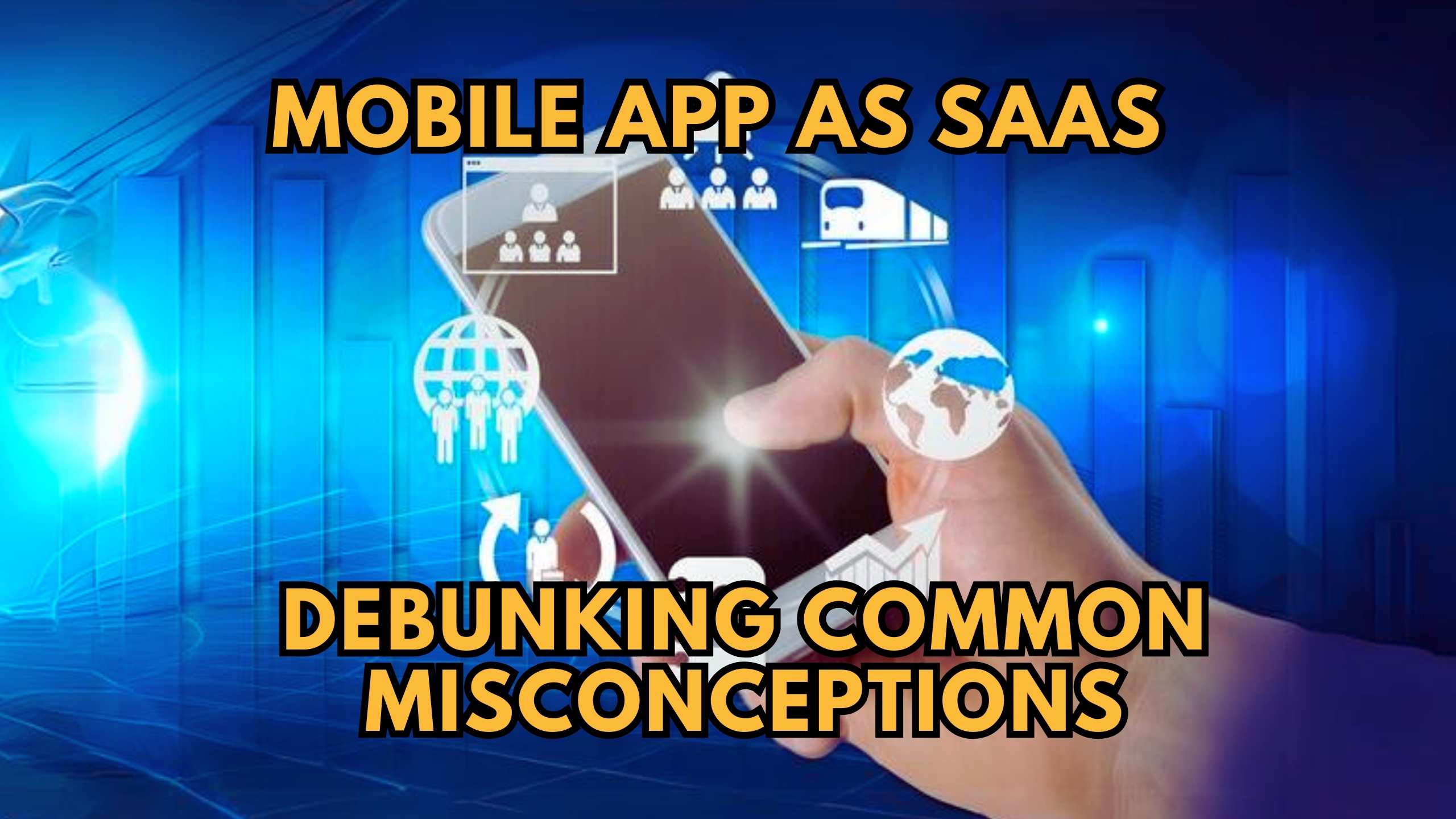Mobile App as SaaS: Debunking Common Misconceptions
- WebOps Platforms Bug Tracking & Feedback Software Web Development & Design


Mobile App as SaaS: Debunking Common Misconceptions
In the ever-evolving landscape of technology, the concept of Software as a Service (SaaS) has expanded beyond traditional web applications to include mobile apps. Let’s unravel the common misconceptions surrounding Mobile Apps as SaaS and explore how they not only fit the SaaS model but also thrive in it.
1. Dispelling the Myth: Mobile Apps Can’t Be SaaS
One prevailing misconception is that SaaS is exclusive to web-based software. However, with the proliferation of mobile technology, several SaaS products have successfully transitioned to mobile platforms, offering users the flexibility to access services on the go. The key lies in understanding how the principles of SaaS seamlessly integrate into the mobile app ecosystem.
2. The SaaS Evolution: Mobile-First Strategies
Contrary to the belief that SaaS is limited to web browsers, mobile-first SaaS strategies are gaining momentum. Leading SaaS providers recognize the importance of delivering a seamless experience across devices, including smartphones and tablets. This shift reflects a strategic adaptation to the changing preferences and behaviors of users.
3. Integrating SaaS Features in Mobile Apps
The heart of SaaS lies in its features – accessibility, scalability, and regular updates. Mobile apps embracing SaaS principles offer users the same benefits. Whether it’s cloud storage, real-time collaboration, or subscription-based services, these functionalities align with the SaaS framework, proving that a mobile app can indeed be a full-fledged SaaS solution.
Exploring Relevant SaaS Products
- Slack: Revolutionizing team communication, Slack’s mobile app ensures seamless collaboration. With real-time messaging, file sharing, and integrations, it exemplifies the extension of SaaS principles to mobile platforms.
- Trello: As a project management app, Trello’s mobile version embodies SaaS with its cloud-based collaboration. Teams can organize tasks, share updates, and synchronize progress effortlessly.
- Salesforce Mobile: Salesforce extends its robust CRM capabilities to mobile devices. The mobile app facilitates on-the-go access to customer data, sales insights, and analytics, embodying SaaS principles.
- Zoom Mobile: Zoom’s mobile app transforms virtual meetings, making it a SaaS-powered solution for remote collaboration. Its cloud-based infrastructure ensures reliable and accessible video conferencing.
- Canva: Bringing graphic design to mobile devices, Canva’s SaaS approach allows users to create visuals collaboratively. With cloud storage and cross-device sync, it exemplifies SaaS flexibility.
Conclusion
In conclusion, the synergy between Mobile Apps and SaaS is not only viable but advantageous. By dispelling misconceptions, businesses can leverage the strengths of both to offer enhanced user experiences. As the technological landscape continues to evolve, embracing Mobile App as SaaS is not just a trend but a strategic move towards a more connected and efficient digital future.
Supercharge Your SaaS Journey with Subscribed.fyi!
Ready to optimize your SaaS stack? Sign up for free with Subscribed.fyi and unlock exclusive deals on 100+ SaaS tools. Manage subscriptions effortlessly, compare tools, and stay ahead in the dynamic world of SaaS with Subscribed.fyi!
Relevant Links:








